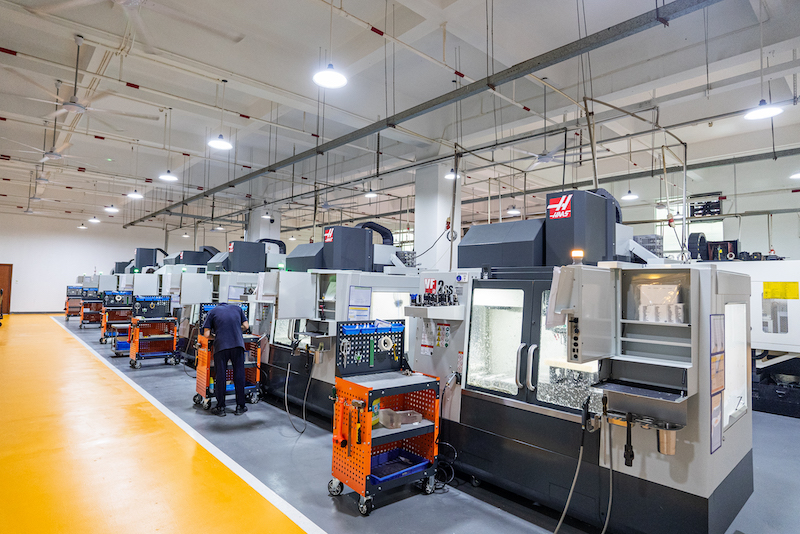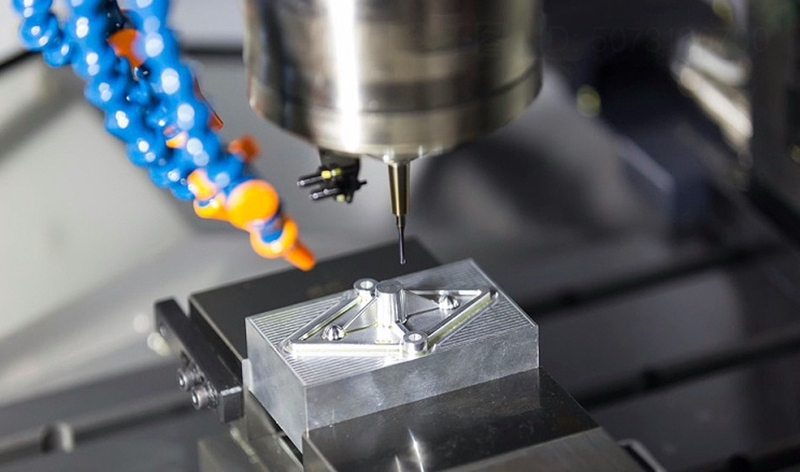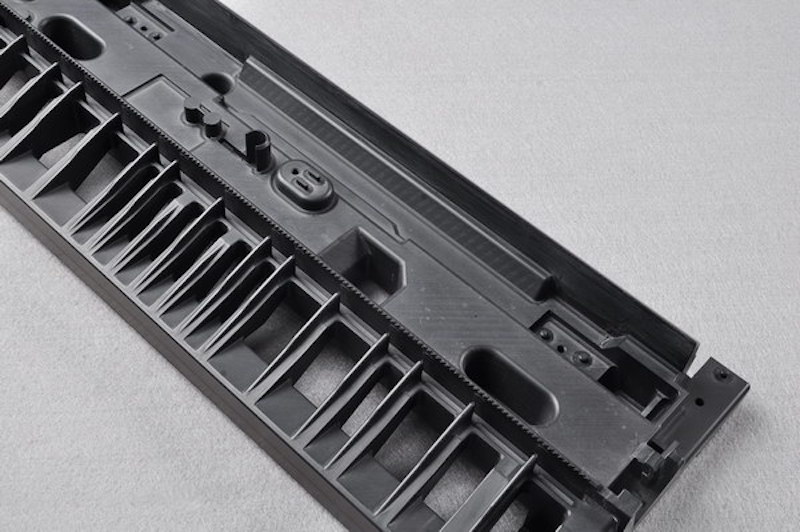Startups must work under pressure to transform their concepts into products suitable for market launch. A startup’s capacity to produce and launch its products before competitors define its success rate within a market competition. Startups gain a powerful answer for quick product development through rapid prototyping services that help them speed up their operations and launch innovative products faster to market. These services make use of advanced technologies and streamlined processes to solve major problems that designers and funders encounter as well as those who need to update projects and produce finished products. Rapid prototyping provides startups with the tool to reach speed milestones through quality-driven development processes.

Rapid prototyping provides startups with the main benefit of rapid physical model creation so they can develop products speedily compared to conventional industrial methods. Through prototype manufacturing technologies combining CNC machining and injection molding with 3D printing startups can get physical proof-of-concepts to show clients and raise investor interest. Rapid prototyping becomes a time-efficient tool for product development through its combination with CNC machining services which offer precise operations and material options.
Also Read – How Can Traditional Internet Tools Like Usenet Boost Startup Innovation?
Table of Contents
Accelerating Design Validation
Startups need design validation as their first important step because it confirms product feasibility before large capital investments occur. Rapid prototyping services achieve high marks by producing physical prototypes at a quick tempo so engineering teams can inspect both the form and function along with fitment aspects. Prototype manufacturing helps startups build model prototypes which reduce development time from weeks to days thus enabling full evaluation of product features including ergonomics and mechanical performance.
CNC machining services create precise prototypes which align with all dimensions and material features from the end product. The design of a handheld tool by a startup becomes possible through a machined prototype evaluation of grip and durability which leads to a refined design after collecting feedback from real-life conditions. The quick evaluation process protects startups from expensive manufacturing errors at late stages and helps them develop their projects months faster.
Reducing Time to Secure Funding
Low investment rates frequently block startup success but high-quality prototypes dramatically improve their chances of gaining funds. Physical representations of products generate better investor responses than digital designs and theoretical abstract concepts. Startups can obtain professional-quality rapid prototypes within a short duration from these services to generate interactive presentation assets that improve their pitch potential.
Startups can utilize prototype manufacturing approaches to build attractive yet operational models that showcase product capabilities. Through CNC machining services these prototypes gain physical strength and precise measurement capabilities which displays product readiness to the market.
A startup presenting a new electronic enclosure with machined prototype technology featuring precise cutouts and polished finish can speed up investor commitment and decrease the funding duration.
Enabling Faster Iterations
Traditional manufacturing slows down innovation over time since iteration serves as the fundamental driving force in innovation development. Through rapid prototyping startups gain access to fast design testing which enables them to improve various versions of their designs. The combination of prototype manufacturing methods such as additive manufacturing and subtractive machining enables startups to generate multiple prototype copies which allow them to respond to user feedback and changing specifications quickly.

The manufacturing capabilities of CNC enable startups to generate strong prototypes which undergo challenging tests. The rapid prototyping process provides a startup developing drone components with multiple machined designs through which they can experiment quickly because the fabrication time amounts to just one week with geometry adjustments in each iteration. The iterative characteristics of startup agility allow companies to improve their designs so they fulfill performance targets alongside customer needs while working within limited time frames.
Bridging the Gap to Production
Rapid prototyping serves two functions which extend beyond idea testing by enabling startups to operate at full production capacity. A key obstacle emerges during the transition from prototype to manufacturing which causes problems because of design issues or tooling conflicts. Prototype manufacturing services generate similar models which take manufacturability requirements into account to make production transitions smooth and productive.
Startups receive benefits from CNC machine services as this service lets them build prototypes of production-grade quality to show their products realistically. A startup developing industrial equipment gears can produce a metal prototype for testing purposes while integrating manufacturing process requirements. The advanced planning capability minimizes expensive rework efforts so businesses can transition more quickly to commercial production and market entry.
Cost-Effective Development for Lean Budgets

New business ventures function on minimal budgets therefore cost efficiency stands as a fundamental requirement. Using rapid prototyping services reduces development costs because clients do not need to invest in equipment or produce multiple copies before testing their products. Prototype manufacturing helps startups make affordable small-batch productions that they can dedicate to design updates rather than spend resources on unnecessary large-scale product runs.
CNC machining services provide precise prototypes that minimize future errors because of their accuracy. Startups creating medical devices can reduce their expenses by making a single prototype through machining before needing to redesign because the functionality tests successfully. Startups benefit from this lean method because it controls their budgets throughout development phases thus allowing them to make directed financial decisions that let them enter the market earlier without financial problems.
Conclusion
Startups need rapid prototyping services as their main instrument to develop products efficiently for market introduction. These services serve the specific requirements of emerging companies through fast design verification along with shortened funding schedules and rapid development cycles and flexible process integration with affordable project delivery. Prototype manufacturing together with CNC machining services allow startups to transform their concepts into reality effectively and precisely in order to lead competitive markets.
Time is a valuable asset for startups because rapid prototyping enables them to make the best use of their time investments. These services grant startups operational versatility along with measurement correctness which helps businesses prosper. Startups who choose rapid prototyping develop product development confidence to release their high-quality products at a quicker pace which allows them to capture vital market leadership positions.

